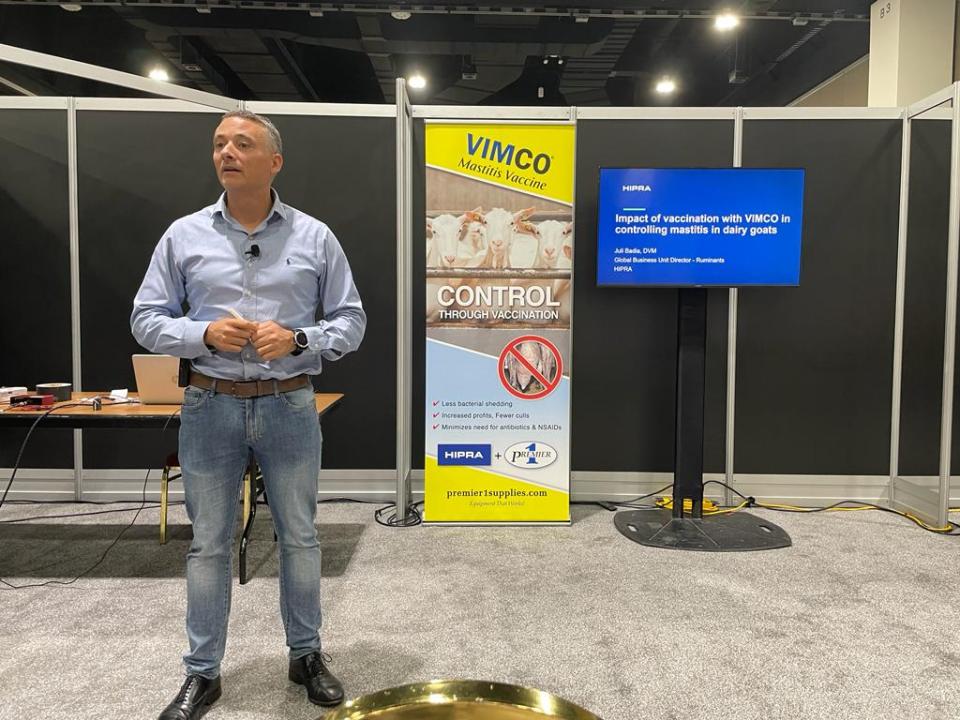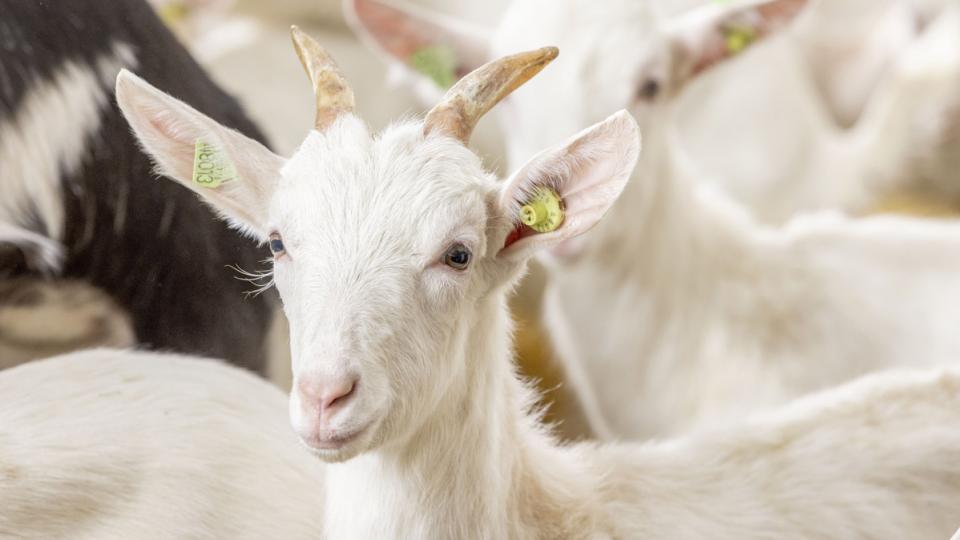In April of this year, HIPRA organized a HIPRA University course in which the keys to the performance of an audit for the control of mastitis on sheep farms were demonstrated. A total of 30 veterinarians from all over Spain attended the course, which was held in Zamora.
Mastitis in sheep: How to carry out an audit? HIPRA provides the keys during a training

The course involved an initial theoretical part, presented by Francisco Crespo (veterinarian at the Consorcio de Promoción del Ovino) and Miguel Ángel Sanz (SSSTT small ruminants, HIPRA Spain), who explained the method of collection of information for each of the points included in a mastitis control programme, and how to analyse the information in order to detect the critical points on a farm.
The second part of the session took place on a farm where the participants were able to practice carrying out a real audit.

This audit allowed them to identify the critical points on the farm and to determine parameters for improvement for the farmer in order to reduce mastitis and improve the quality of the milk.
The method used during the course was developed by HIPRA and is now used on different farms all over Spain, with visible results on those where the corrective measures recommended by the company’s technical services are implemented.
To end the course, there was a round table discussion which brought together the critical points seen in the practical sessions and the measures that were available to the farm to reduce mastitis and improve the farm’s milk quality.
The HIPRA University courses are an example of HIPRA’s commitment to the continued training of veterinary technicians. Accordingly, HIPRA helps and collaborates with the implementation of vaccination programmes for prevention in the sheep industry as well as offering unique tools such as VIMCO® (vaccine for the prevention of mastitis caused by all types of staphylococci).







